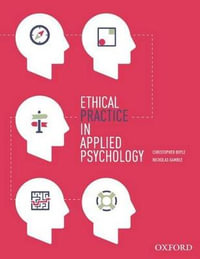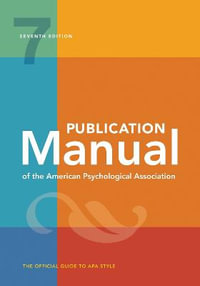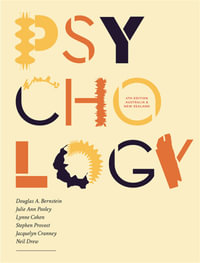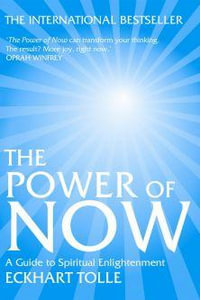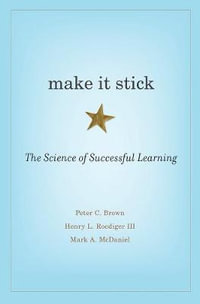Post-traumatic stress isn’t your fault. Many people suffer traumatic events, which can lead to post-traumatic stress disorder (PTSD) and debilitating symptoms. This evidence-based book delivers easy-to-use mindfulness skills that can be used as needed to alleviate symptoms and promote healing.
Some people heal naturally after they experience a traumatic event, but some trauma lasts and can develop into PTSD, with symptoms like depression, anxiety, panic, flashbacks, difficulty sleeping, or losing interest in life. You may find yourself on the sidelines, disengaged from your own life, with little sense of who you are and how to relate to others. The body, heart, and mind are all profoundly affected by trauma; in this way it can live on, causing a serious disconnect and a state of imbalance in which you’re always in survival mode. How do you move on?
This book is designed to target the most common symptoms of post-traumatic stress and PTSD, providing mindfulness-based practices to help relieve your symptoms and increase self-compassion. Offering meditations for reconnection with your body, heart, mind, and life, this guide presents a unique, evidence-based way to heal the disconnects and help you re-engage. Instead of getting stuck reliving your trauma or worrying about it happening again, these mindful meditations will ground you in the present moment and enable you to better cope with unpleasant thoughts and feelings as they arise—and then let them go.
With Meditations for Healing Trauma, you’ll explore your experience of post-traumatic stress and learn how the healing power of mindfulness can free you from suffering and bring back connection and balance to your life every day. This book will help you cultivate a wise mind and heart for regaining peace and well-being in the present moment—anytime, anyplace.
Industry Reviews
“We are not to blame for the effects of trauma, but we can certainly do something about it. In clear language that speaks to the heart of trauma, Louanne Davis offers a series of elegant meditations that wean the mind from fear, and back into connection with oneself and others. Readers also learn how to tailor the practices to their own needs, and seamlessly integrate them into daily life. This book is a wise and welcome guide to healing and recovery. Highly recommended!”
—Christopher Germer, PhD, faculty member at Harvard Medical School, author of The Mindful Path to Self-Compassion, and coeditor of Mindfulness and Psychotherapy







